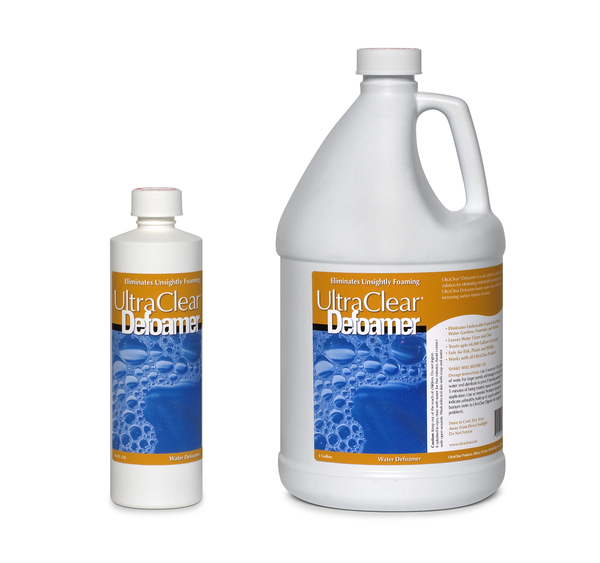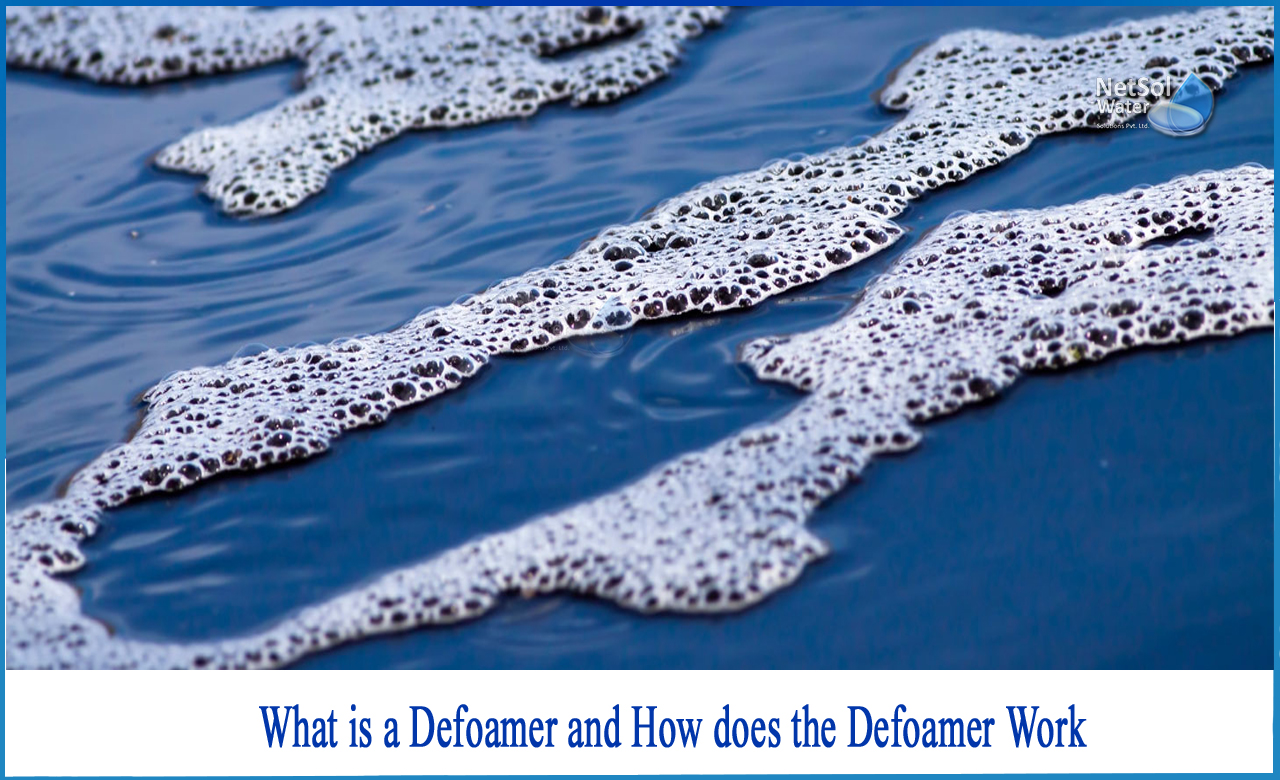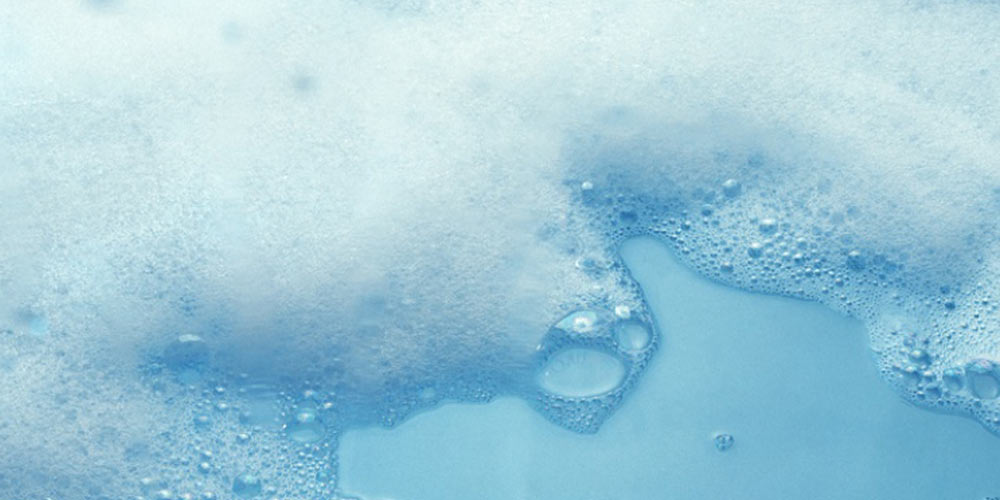The Future of Defoamers: Innovations and Trends in Foam Control Solutions
The Future of Defoamers: Innovations and Trends in Foam Control Solutions
Blog Article
The Role of Defoamers in Enhancing Item High Quality and Efficiency
Defoamers offer as vital additives that alleviate this problem, making certain smoother production process while improving the useful and visual features of the final items. The selection of the suitable defoamer can be crucial to achieving ideal outcomes, raising essential questions about formulation compatibility and efficiency metrics that warrant more exploration.
Recognizing Defoamers
Understanding the role of defoamers is crucial for preserving product top quality throughout numerous industries. Defoamers are chemical additives made to stop the formation and reduce of foam in liquid systems, which can negatively affect procedures such as mixing, filling up, and surface tension. Foaming can cause inefficiencies, item defects, and endangered visual appeal, making defoamers an essential component in producing operations.
In industrial applications, defoamers assist to enhance product uniformity and stability. In the paint and coatings market, foam can interfere with the application procedure and the last surface. In food and drink manufacturing, extreme foam can hinder bottling and packaging efficiency. The reliable use defoamers not just ensures smoother production procedures however likewise adds to premium item performance.
In addition, the option and solution of a defoamer should straighten with details application demands, such as compatibility with various other ingredients, effectiveness under differing temperature and pH conditions, and prospective governing restraints. Inevitably, comprehending defoamers' features and their value in numerous formulas is vital for maximizing manufacturing and guaranteeing the highest possible top quality final product.
Types of Defoamers
Defoamers can be categorized into a number of types based upon their make-up and mechanism of action. The key kinds include silicone-based, non-silicone organic, and not natural defoamers.
Silicone-based defoamers are among one of the most effective, mostly due to their capability to spread out promptly on the liquid surface area and interfere with foam development. Their special chemical structure enables for premium security, making them suitable for high-temperature applications and settings with differing pH levels.
Non-silicone natural defoamers, commonly made up of natural oils or fatty acids, are valued for their biodegradability and reduced poisoning. These are typically utilized in food and drink applications where security and ecological influence are paramount.
Inorganic defoamers, which include compounds like talc or calcium carbonate, act by boosting the thickness of the fluid, thus decreasing foam stability. They are commonly made use of in industrial procedures where compatibility with various other products is not a worry.
Each kind of defoamer has unique benefits and restrictions, enabling for tailored remedies depending on the particular foaming issues come across in numerous applications. Recognizing these distinctions is vital for optimizing performance and achieving desired item top quality.
Applications Throughout Industries
Numerous sectors utilize defoamers to boost item top quality and operational efficiency. In the food and beverage market, defoamers are vital in processes such as developing and milk manufacturing to prevent foam development, which can result in inefficiencies and product variance. By regulating foam, suppliers can guarantee better return and a much more uniform item.
In the pharmaceutical market, defoamers play a vital function in the formulation of fluid medications, where too much foam can hinder blending and precise application. Their use aids preserve the honesty of the formulations and promotes smoother manufacturing processes.
The paint and finishes industry additionally relies on defoamers to boost the performance of items throughout application. By lessening foam, these additives make sure a smoother finish and improve the aesthetic high qualities of the end product.

Benefits of Using Defoamers
While the application of defoamers differs across industries, their advantages regularly boost product top quality and process performance. One considerable benefit is the reduction of foam development during making processes, which can or else result in manufacturing delays and incongruities in item quality. By decreasing foam, defoamers enable a smoother flow of products, helping with extra efficient operations and lowering the likelihood of tools malfunctions.
In addition, making use of defoamers can enhance the appearance and texture of last products. In sectors such as coverings, paints, and food handling, extreme foam can jeopardize the visual aesthetics and total high quality, while the appropriate defoamer application makes sure an uniform surface and desirable features. Moreover, defoamers can contribute to set you back financial savings by decreasing waste throughout production and maximizing making use of resources (defoamers).

Choosing the Right Defoamer
Choosing the best defoamer is vital for maximizing production processes and ensuring item top quality. The selection of defoamer influences not only the effectiveness of foam control but also the total efficiency features of the final item. Factors to think about include the sort of application, the chemistry of the formulation, and the ecological problems under which the product from this source will be made use of.
Various industries may call for certain defoamer types, such as silicone-based, natural, or polymeric defoamers. Recognizing the compatibility of the defoamer with the key components is vital to avoid unfavorable reactions that can jeopardize product integrity. Additionally, the defoamer's performance in different temperatures and pH degrees need to be assessed to ensure regular performance.
Evaluating the defoamer in small applications can offer beneficial insights right into its performance and viability. Consideration of regulative compliance, particularly in food, drugs, and cosmetics, is extremely important in picking a defoamer. Eventually, a comprehensive analysis of these factors will bring about the selection of a defoamer that additional info not only manages foam effectively but likewise boosts the quality and performance of the last item.
Conclusion

In verdict, defoamers are necessary additives that considerably improve item top quality and performance across numerous markets. The tactical selection and application of defoamers lead to set you back financial savings, enhanced resource usage, and enhanced customer satisfaction.
Frothing can lead to ineffectiveness, product issues, and jeopardized aesthetic appeal, making defoamers a critical part in producing operations.

Report this page